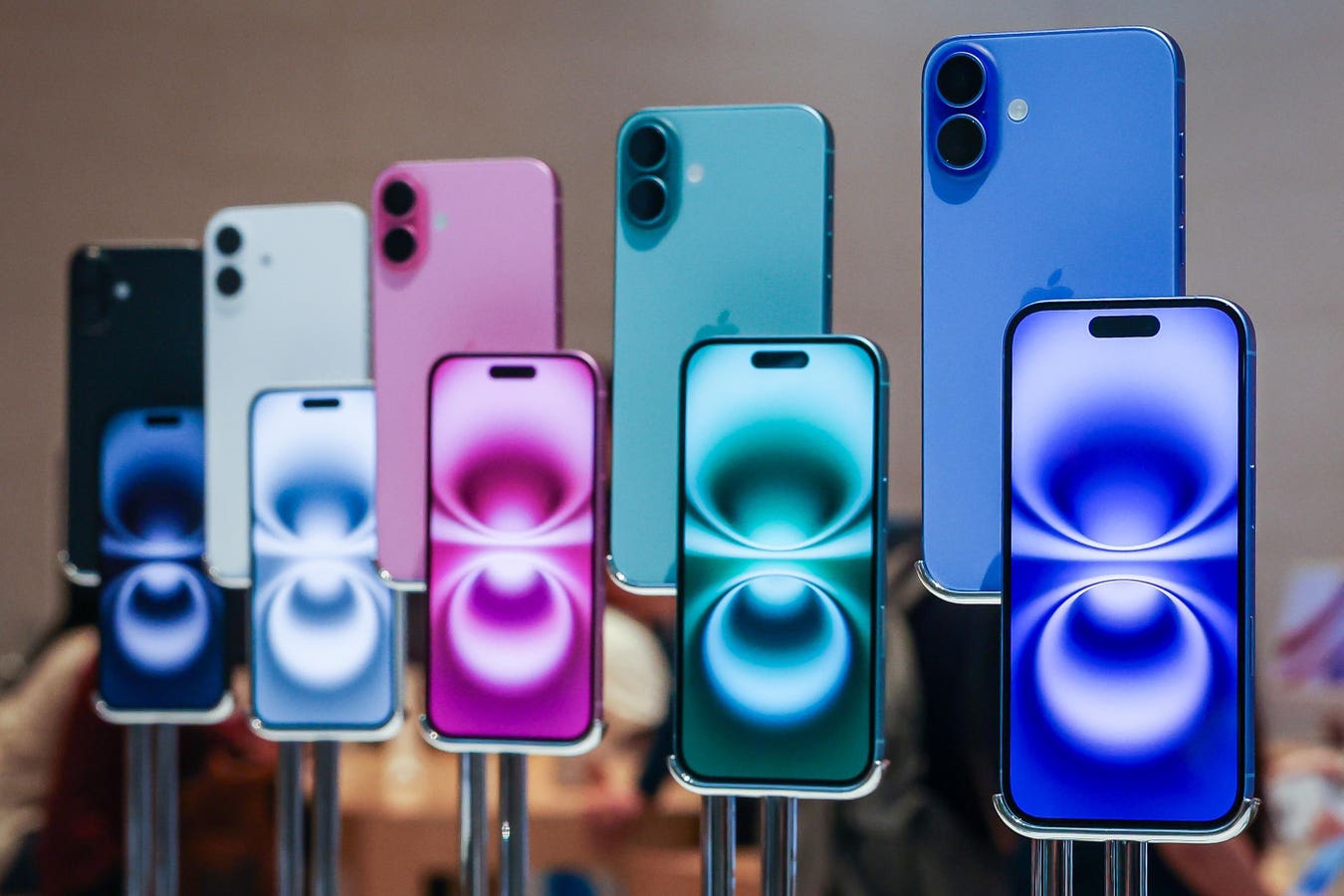The transition from AI experimentation via integration to reliance and finally dependency is subtle. … More
The integration of artificial intelligence into life and business operations is in full swing; for many of us, it has become a present-day reality that we question ever less. From automating routine tasks to providing complex data analysis, AI is reshaping how we work. Yet, as our reliance on these powerful tools deepens, a subtle but significant challenge emerges: AI agency decay.
This phenomenon describes the gradual erosion of our capacity for independent thought and decision-making, a critical concern for business leaders who must navigate an increasingly automated landscape while maintaining human oversight and strategic direction. A self-assessment tool is included below to help you understand your own position on this spectrum.
Are We Losing Our Edge? 4 Subtle Stages Of AI Reliance
Think about how you first started using AI tools.
For many, it begins with a phase of curious exploration. We are trying out new AI capabilities, perhaps a generative AI writing tool or a data analysis assistant, and we are intrigued by the possibilities. It’s a low-stakes period of experimentation, where we’re primarily learning and seeing what these tools can do. This initial engagement is a healthy step for understanding AI’s potential without becoming overly dependent too quickly. Recent discussions on managing AI integration emphasize the importance of this exploratory phase in building appropriate reliance.
As we find value, we naturally move into a phase of integration. AI tools become part of our daily routine. We use them to draft emails, analyze spreadsheets, or generate reports. They become valuable assistants, streamlining our work and boosting efficiency. It feels like a smart way to work – leveraging technology to get things done faster and better. AI is enhancing our productivity without fundamentally altering our core responsibilities.
However, the line between helpful integration and habitual reliance can be surprisingly easy to cross. As AI becomes more seamless and its outputs consistently meet our needs, we may use it almost automatically. Critical evaluation or cross-referencing steps might be shortened or skipped entirely because the AI “usually gets it right.” AI shifts from being a tool we actively use to one we passively follow.
The furthest point along this spectrum is dependency. In this phase, working without AI feels daunting, perhaps even anxiety-inducing. We rely heavily on AI for information and recommendations, rarely questioning its outputs. Our confidence in our own judgment in areas where we lean on AI may diminish. This deep reliance can make us vulnerable when AI systems fail, produce errors, or encounter situations outside their training data. Research from Microsoft and Carnegie Mellon University highlights this concern, indicating that increased reliance on generative AI can correlate with decreased critical thinking among knowledge workers.
The Bottom Line: Why Business Leaders Should Care
For businesses, the collective impact of AI agency decay across a workforce isn’t just a theoretical concept; it has tangible consequences. A team overly dependent on AI may struggle when faced with novel problems that require out-of-the-box thinking or complex situations demanding nuanced ethical judgment that AI simply cannot provide.
Consider the rise of agentic AI — systems designed to act and make decisions with increasing autonomy. While the potential for efficiency is immense, it also introduces new risks. If the humans overseeing these systems have experienced agency decay, they may lack the critical judgment to intervene when an agentic AI system goes off track or produces an undesirable outcome. AI is increasingly complex yet sometimes continues to generate convincing and incorrect information. These hallucinations make human oversight and critical evaluation more crucial than ever.
Beyond operational efficiency, there are actual human impacts to consider. The psychological effects of AI dependency are an emerging area of study. Research suggests that while AI can reduce certain work stressors by automating tedious tasks, over-reliance may increase cognitive load and anxiety, particularly when individuals cannot perform tasks without AI assistance. This highlights the importance of supporting employee well-being and fostering resilience in an AI-saturated work environment.
Furthermore, a phenomenon known as automation bias can take hold, where individuals are more likely to accept AI-generated information as correct, even when it’s not. This can be particularly problematic if the AI system is perceived as highly capable or provides convincing, even if incorrect, explanations. For businesses, this bias could lead to flawed strategies, missed opportunities due to an over-reliance on AI-identified patterns, or a reduced capacity for independent analysis and innovation.
Assess Your Phase of AI Agency Decay
Understanding your own patterns of AI usage is a valuable step in navigating Agency Decay. The following self-assessment tool is provided for your personal reflection.
There are no right or wrong answers.
Instructions: For each question below, please circle the letter of the answer that best describes your current experience or attitude toward AI. After completing all eight questions, use the scoring instructions at the end to tally your responses and read the guidance corresponding to your dominant answer.
How do you approach new AI tools?
A: I try them out with genuine interest, testing their possibilities even if I’m not sure I’ll use them regularly.
B: I incorporate them into my routines because they help simplify my tasks.
C: I use them so routinely that I hardly notice without them.
D: I feel uneasy or lost without immediate access to these tools.
How do you balance your own judgment with the input of AI?
A: I enjoy comparing AI suggestions with my own ideas, using them as one of many sources.
B: I rely on AI to streamline my work, while still checking the results briefly.
C: I typically accept AI outputs without much additional scrutiny.
D: I depend almost entirely on AI, rarely questioning its recommendations.
What would be your reaction if AI tools suddenly became unavailable?
A: I’d be curious to explore alternatives and perhaps learn new methods.
B: I’d be inconvenienced since they’re a normal part of my day-to-day tasks.
C: I’d feel significantly hindered by the sudden absence of these tools.
D: I’d feel anxious or even disoriented without them.
How often do you verify the outputs generated by AI?
A: I frequently check and compare them with other sources, seeing it as a learning opportunity.
B: I usually do a quick review before moving on.
C: I tend to trust the outputs without in-depth checking.
D: I rarely verify them, relying on AI as the primary source of information.
When adopting new AI features, what is most important to you?
A: The excitement of discovering new functions and capabilities.
B: The convenience and time-saving aspects they offer.
C: The familiarity and routine benefits they provide.
D: I feel I could not manage the essential support they give without them.
How do you respond when someone raises concerns about overusing AI?
A: I welcome a balanced discussion to explore both benefits and limitations.
B: I acknowledge the concerns but focus on the efficiency gains I experience.
C: I generally dismiss the worries, as AI is a natural part of my workflow.
D: I dismiss them entirely because I strongly depend on AI.
How do you use AI tools in collaborative settings?
A: I encourage experimenting together to see what might work best.
B: I use them to enhance our group efficiency without replacing all human input.
C: I rely on AI to drive key decisions during group tasks.
D: I insist on using AI for almost every step, and I’m convinced it’s the optimal approach.
How would you describe your overall approach to using AI?
A: I stay open and curious, often trying new features while learning as I go.
B: I use AI as an effective tool to make routine work easier.
C: I depend on AI to the extent that it has become second nature.
D: I have grown almost utterly dependent on AI to guide my decisions.
Scoring Instructions
After completing the quiz, make a tally of how many times you circled each letter (A, B, C, and D).
Interpreting the Results:
If your highest score is in Option A:
Your responses indicate that you are in an early exploratory phase. You remain curious and open to discovering what AI tools can do without fully committing to them.
Guidance: Keep experimenting and learning; consider setting deliberate goals to deepen your understanding without losing your sense of independent judgment.
If your highest score is in Option B:
You are comfortably incorporating AI into your daily routines. It is a valuable aid that enhances your workflow without becoming an overwhelming crutch.
Guidance: Continue to use AI to boost efficiency, but remember to periodically review your reliance on these tools to ensure your core skills stay sharp.
If your highest score is in Option C:
Your answers show a strong habitual reliance on AI, where its use has become a key component of your workflow.
Guidance: Revisit your methods occasionally to ensure that while AI supports you, it doesn’t entirely replace your critical thinking and personal expertise.
If your highest score is in Option D:
Your responses suggest that you may be overdependent on AI, to the point where your day-to-day comfort relies heavily on its presence.
Guidance: Consider integrating alternative approaches that reinforce your own decision-making skills and reduce anxiety in situations where AI might not be available.
End of Quiz
Once you have tallied your answers, please refer to the guidance above for insights into your current relationship with AI. Use this as a tool to reflect on whether any adjustments are needed to maintain your independence and critical thinking as technology evolves. Check the A-Frame as a practical way to preserve your brain from agency decay and harness hybrid intelligence.








